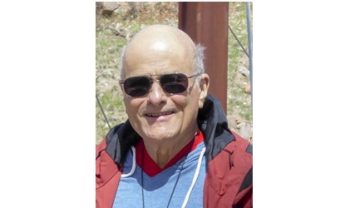
Most view dementia as a person leaving them. But they’re not. They’re evolving into a new person, similar but not exact. Their capacity to perform tasks and retain memory of recent events doesn’t disqualify them from continuing to be loved and treated with dignity and respect, especially when the end is near.













